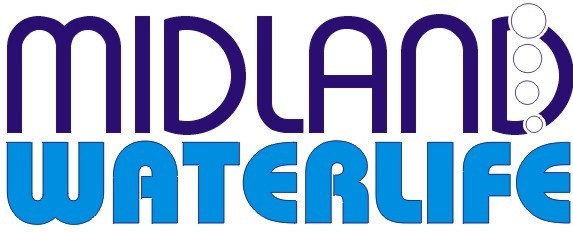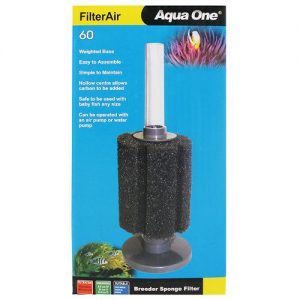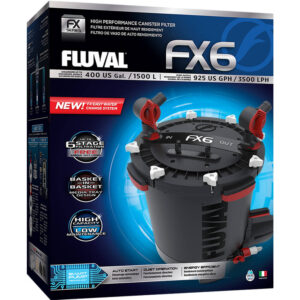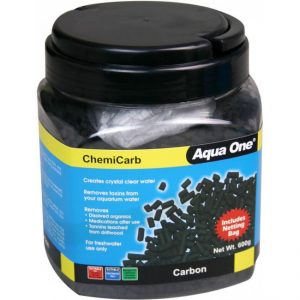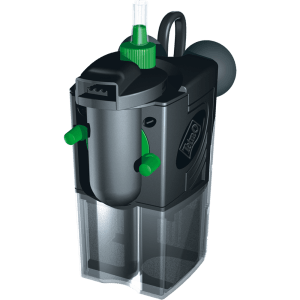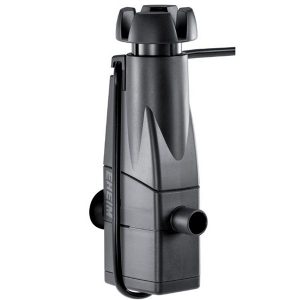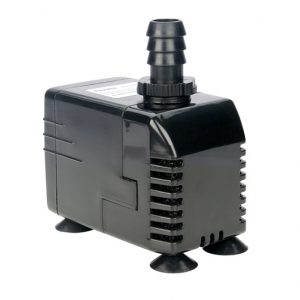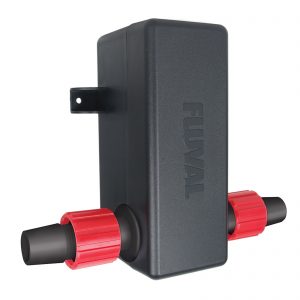Aquarium filters are a crucial aspect of any aquarium. They remove the physical and soluble chemical waste products from the aquarium creating the right environment to support fish life. They also help to simplify maintenance. If you’re setting up a home aquarium then you will need to think about filters.
How do aquarium filters work?
The best types of aquarium filters will process three different types of waste.
Solid waste is any type of dirt, particles or debris floating in the water such as uneaten fish food and fish waste. This type of waste will be removed through mechanical filtration.
Mechanical filtration doesn’t dissolve or otherwise dispose of the waste so this method of filtration requires the most maintenance in the form of cleaning.
Dissolved waste is organic compounds such as decaying tissue found in tap water that can cause discolouration of the water as odours occur. This type of waste is removed through chemical filtration.
Biological waste is an unwanted contaminant such as ammonia and nitrate, which can’t be filtered, but instead, needs to be biologically processed. This type of waste is removed through biological filtration. This is a key aspect of fish keeping. Without enough beneficial bacteria in your filter, your aquarium water would have a very high ammonia content. This inhibits your fish’s breathing, feeds algae, disrupts pH levels and burns your fish’s scales.
What different types of filters are available?
There is a range of different filter types available. These include:
Air filters are the most basic of all filters requiring at least three components. A sponge filter sits inside the tank, an air pump sits outside the tank and airline tubing connects the two. The air pump pushes air through the tubing into the hollow cavity inside the sponge filter. The rising bubbles of air draw water through the sponge walls, mechanically collecting debris from the water and creating a place for beneficial bacteria to grow. These will be a suitable choice for many beginners.
Internal power filters are compact and sit inside your aquarium, offering an ideal space-saving option for customers who do not have room for a larger external filter. Water is sucked in at the bottom of the filter and drawn through a coarse sponge that traps debris. The sponge contains bacteria that thrive in the polluted and oxygen-rich water passing through, converting harmful chemicals such as ammonia and nitrite into benign substances.
External power filters are larger and more powerful than most internal filters. As a result, they can hold more media, offering better cleaning power and can support more fish. This makes them a suitable choice for large aquaria, heavily stocked aquaria, or aquariums that house large fish.
Everything you need to keep your aquarium clean and healthy from Midland Waterlife
At Midland Waterlife, we stock everything you need for your aquarium. With over 40 years of experience, we can help you find the right aquarium filter for your needs and answer any questions you might have.
Contact us today to find out more about how aquarium filters work and what might be the best solution for your needs.
